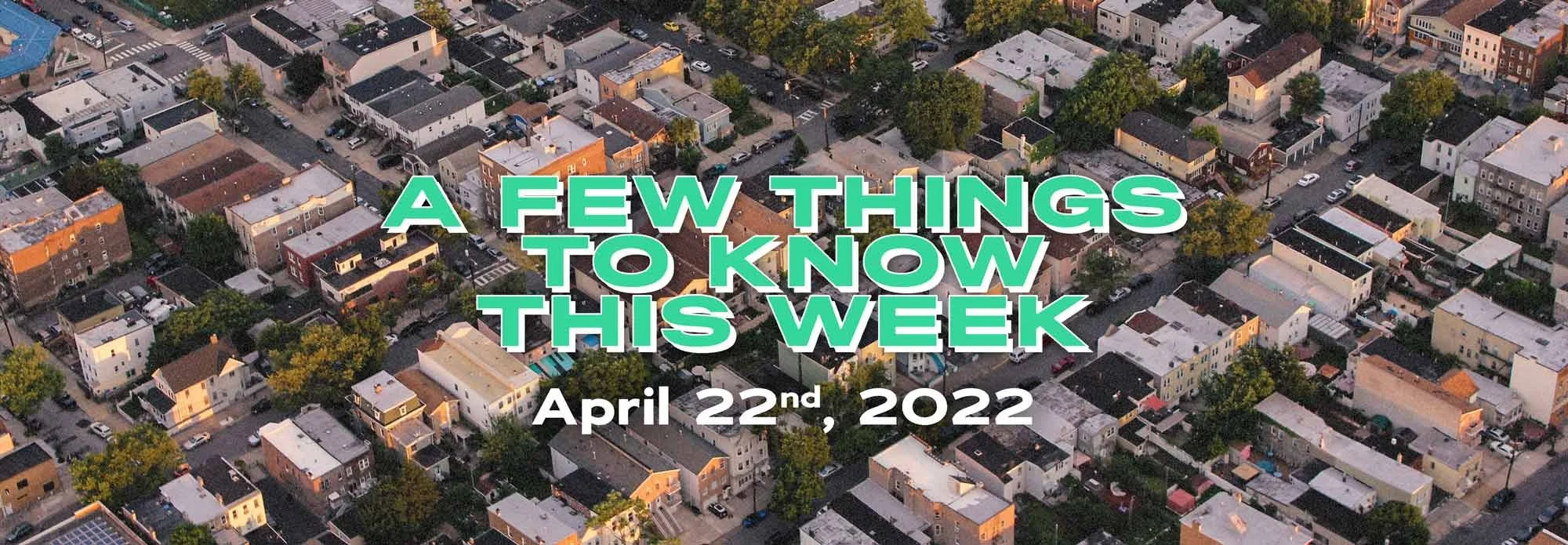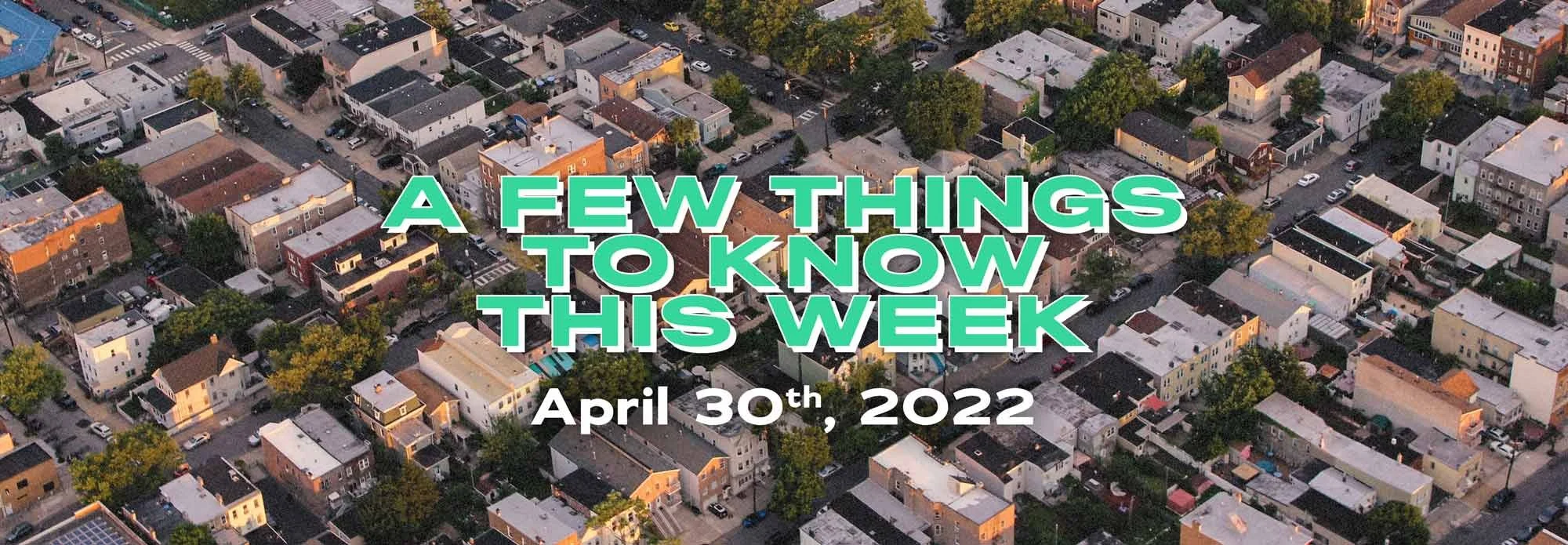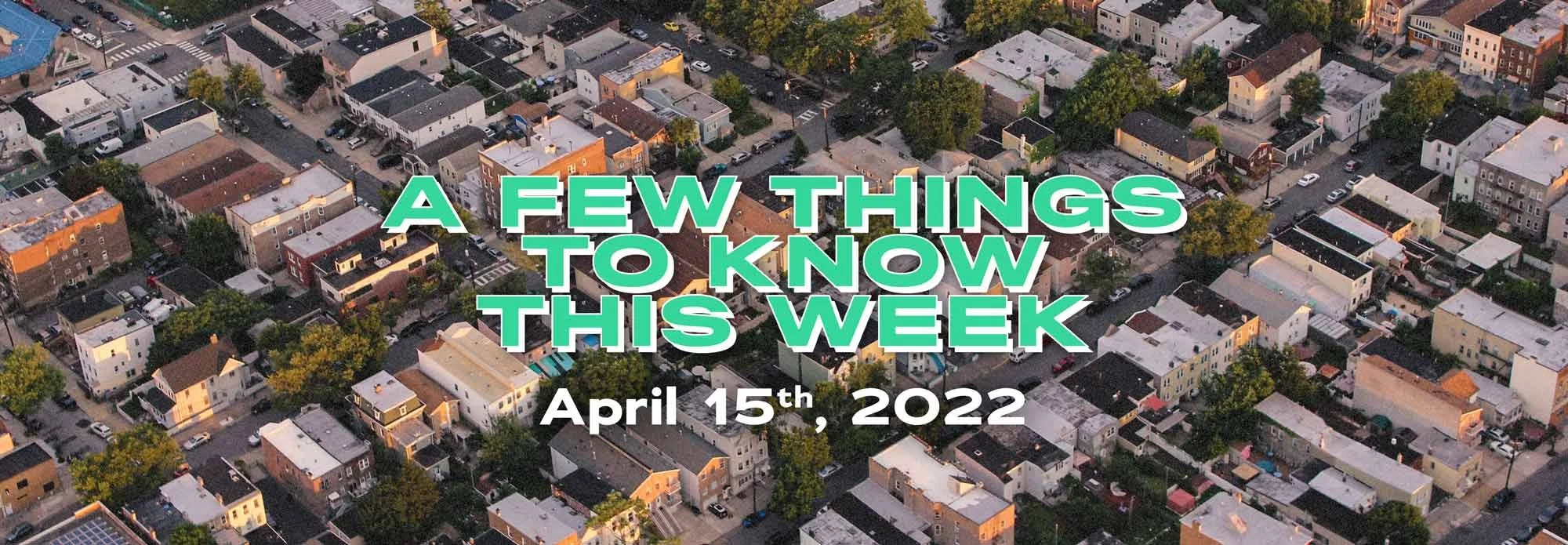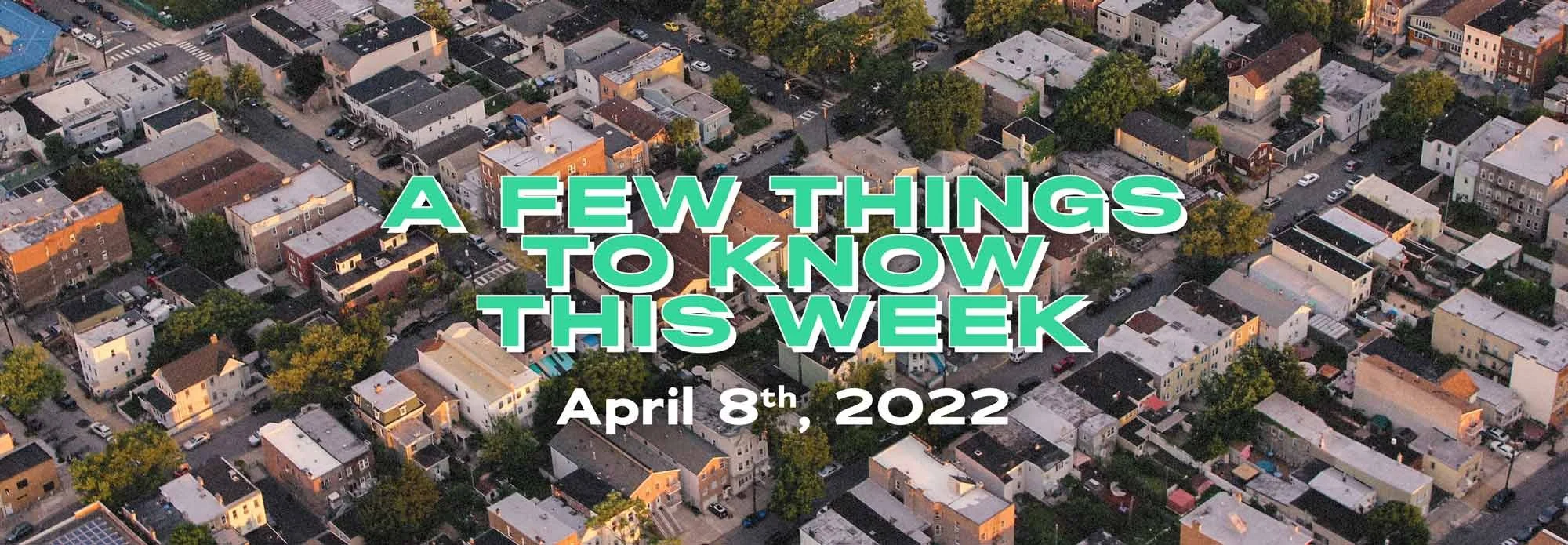A few things to know this week: April 22nd, 2022
The Persistence of Poverty in Rural America - Housing Assistance Council
"Persistent poverty counties" are counties with 20% or more of their population living in poverty over the last 30 years. This brief put together by the Housing Assistance Council, provides updates on the areas around the country that fit this definition, factoring in the latest 2020 data. Most of the time, these counties are rural, resource-strapped, isolated and forgotten. However, 64% of the population within these persistent poverty counties are located in metro areas - making the problem one that is urban and rural in nature. There were a total of 377 of these counties within the 50 states, and all 78 of Puerto Rico's Municipios (county equivalents) fall within this category, bringing the total number to 455 counties. Regardless of the location, one thing is clear - the cycles of poverty decade upon decade are significant in our nation. They represent a trend built over time that will not, without intervention, taper off. – AJ
Here this week with another urban realm adjacent link. We think a lot about how we transform the natural world into an urban one for humans to inhabit. This goes the other direction. This is the work of French Photographer, Jonk (a mononym? Come on.) He has a series of photos in which he captures the decay and reclamation of urban spaces by nature. It’s worth a look and seems quite appropriate for this Earth Day. – Marshall
Do you enjoy these weekly roundups? (Why wouldn’t you?) You can get them sent straight to your email inbox every Friday, if you’re into that.
Want to learn more about how fiscal analysis can help you make your city stronger financially?
We created a new sister website showcasing how we use math, maps, and money to help cities communicate your resource gap and explore ways to increase tax revenue and improve service efficiency without necessarily raising taxes.
Hey, friends in local government:
Hey, friends who love cities! If you're looking for a place to discuss these topics (and more) with like-minded peers who want to help create a more resilient community, check out our Community Cultivators Network. It's free to join, and we are currently working to build new features for our 2021 relaunch, so stay tuned! We'll arm you with the content, ideas, and support to take small impactful steps to cultivate change.







